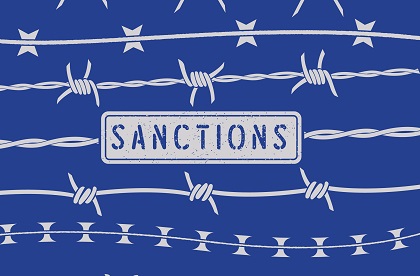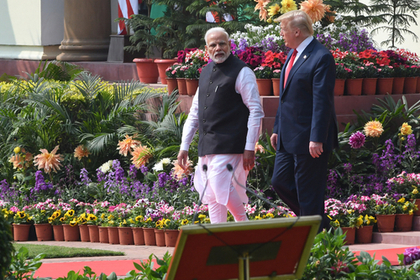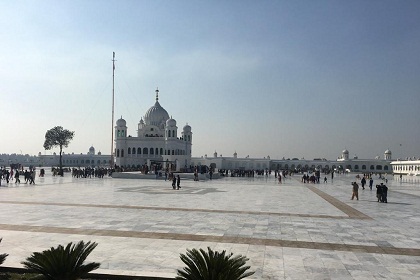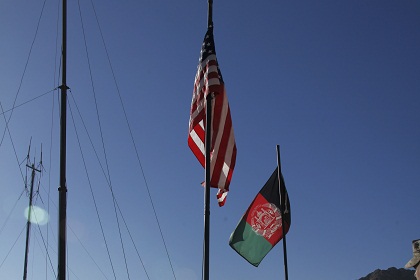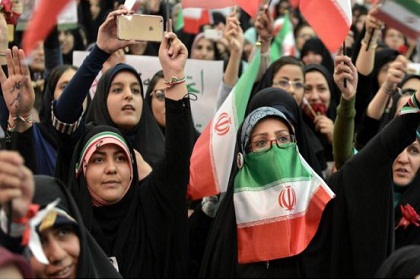Invoking Force Majeure amidst COVID-19
Ambika Khanna, Senior Researcher, International Law Studies Programme, Gateway House, in discussion with Bharat Bhise, CEO and Founder, Bravia Capital; Greg Falkof, Partner, Eversheds Sutherland; Rutvik Patel, Head - Legal & Corporate Affairs, TBEA Energy (India) Pvt. Ltd. on invoking Force Majeure amidst COVID-19.


